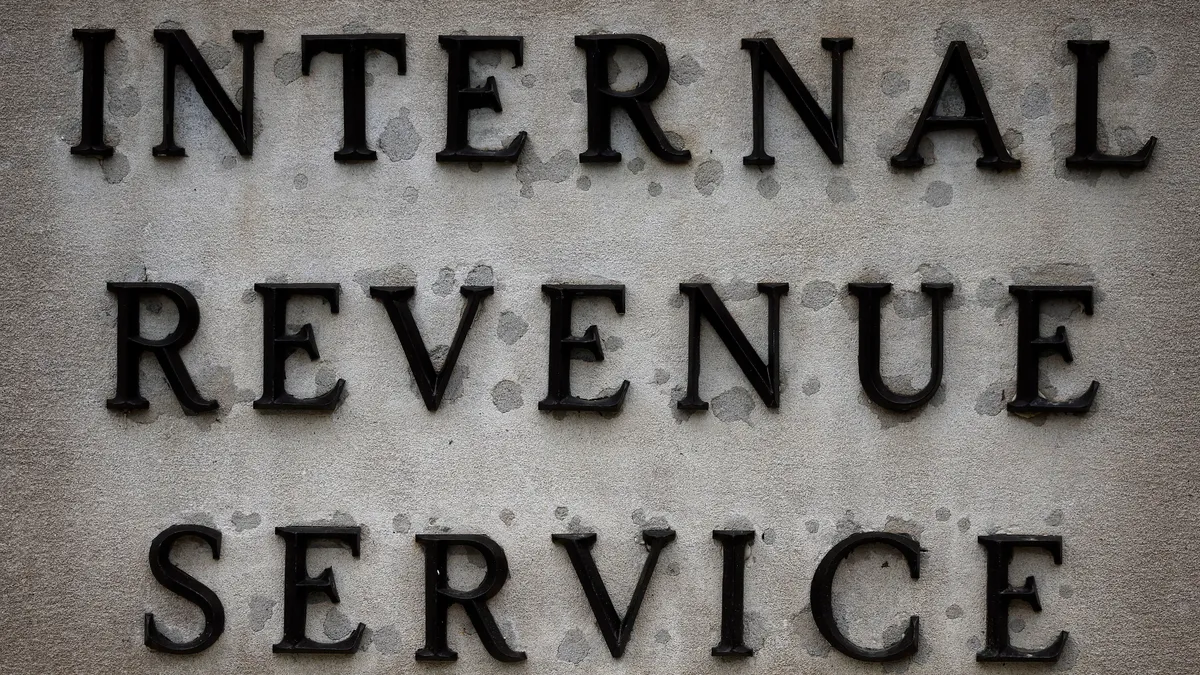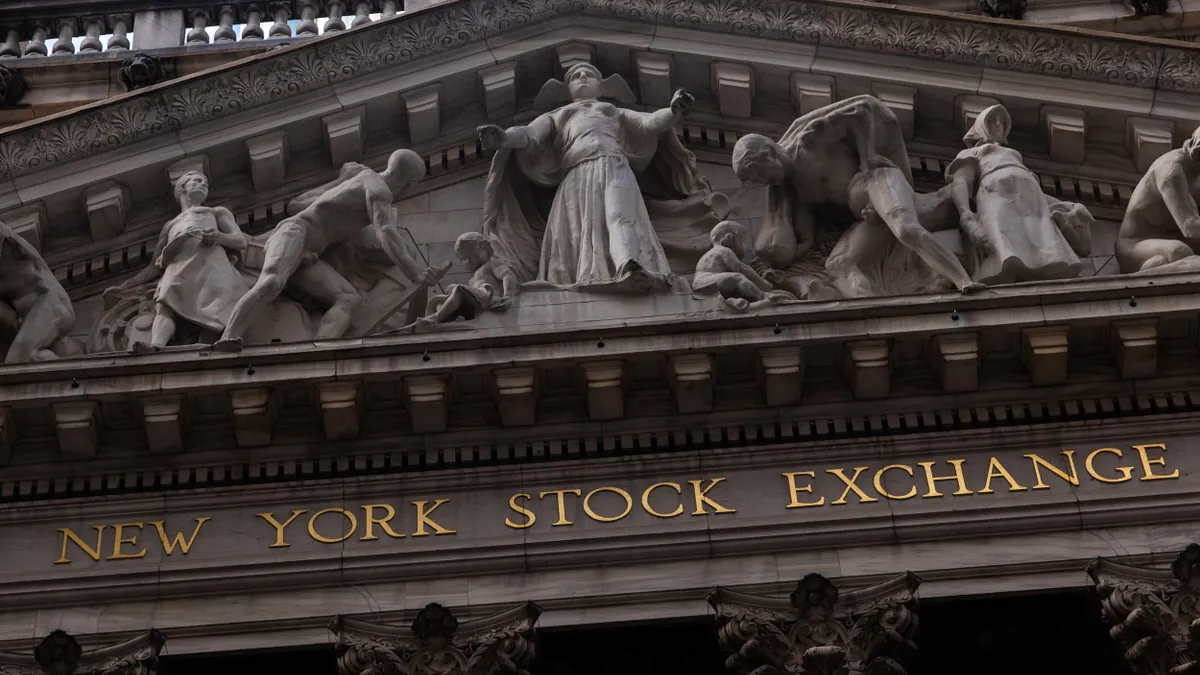Median CFO compensation — buoyed by strong company and stock performance — made the largest year over year gains in ten years, a Sept. 30 study by consultancy Compensation Advisory Partners (CAP) found.
Total direct compensation — including both cash and equity — rose on average 17% for CFOs and 18% for CEOs in 2021, according to the study, which examined compensation trends for incumbent CEOs and CFOs in 130 companies with median revenue of $14 billion. These mark the first increases in the 15-20% range in approximately a decade.
The results are consistent with what CAP has been seeing with its own client work, Kelly Malafis, partner at CAP said in an interview.
“There's been stability in the way that CEOs and CFOs have been paid in terms of the pay mix, long-term pay incentive plan goals, the targets,” she said. “There are tweaks here and there, but nothing dramatic.”
The total increase in compensation comes following the strong performance of 2021, which is juxtaposed against 2020 financial results, however, Malafis said, when many companies were still fighting to shake off the impact of the pandemic.
CFO pay expectations
While bonus data for 2022 remains in flux — an area of compensation typically based on company performance — it is likely salary increases will stay in keeping with 2021 trends, Malafis said.
“In terms of salaries, we think that the salary increases will be at least the same or higher than we saw in 2021, because of the timing,” she said, noting such increases often would be settled for executives early in the year. “Earlier in this year, there was more momentum I'd say on the performance than there is now.”
The median salary increase for both CEOs and CFOs in 2021 hovered around 4%, according to the study results, in keeping with past trends.
Approximately 7% more CFOs received base salary increases in 2021 than the previous year, with 62% of companies overall increasing the base salaries of their financial heads for the year. Forty-two percent of companies increased pay for CEOs, meanwhile.
Outside of incumbents which may have negotiated their salaries and pay mix earlier in the year, current market pressures make it “a good time to be an experienced CFO,” that may be seeking a new position, said Shawn Cole, president of executive search firm Cowen Partners in a recent interview.
Persistent inflation has also bumped up CFO candidate pay expectations in terms of base salary, but the role of CFOs within businesses has also expanded — something that could also drive up pay expectations, he said.
“There’s been such a significant spotlight put on CFOs in the last two years, and they know it, that CFO pay expectations across the board but especially when it comes to long-term incentives have skyrocketed,” Cole said.
A pulling back from stock
Long-term incentives still make up the bulk of CFOs’ and CEOs’ pay, the CAP study found, with the pay program structure for both executive positions largely unchanged over a 10-year period. Long-term incentives made up 56% of CFOs’ pay in 2011 and made up 60% of their pay program in 2021.
Meanwhile, bonuses made up 22% of CFOs’ pay program in 2011, compared to 20% in 2021. Base salary comprised 22% of the pay mix in 2011, compared to 20% in 2021. Bonuses’ saw a surge in 2021, expanding 34% for both CEOs and CFOs, per the CAP study, though they were flat for the previous year.
In terms of long-term incentives, the use of stock options decreased between 3-4% in 2021 compared to 2020 figures. Time-based awards and performance shares percentages were largely consistent with 2020 data, with performance shares recovering slightly from 2020 when goal setting became easier, the study found.
As the stock market continues to slump, executive pay trends will lean more towards cash awards including higher base salaries or bonus opportunities, Cole said.
Cole pointed to firms such as Amazon, which have historically been heavy on stock and “could sort of be a bully in the market when it came to the base salary,” he said — a tactic that is presently losing effectiveness.
“That's really going to be the conversation being had across the board,” he said. “‘I'm sorry, your stock price isn't performing like it used to, I'm going to need more on the base salary.’”





















